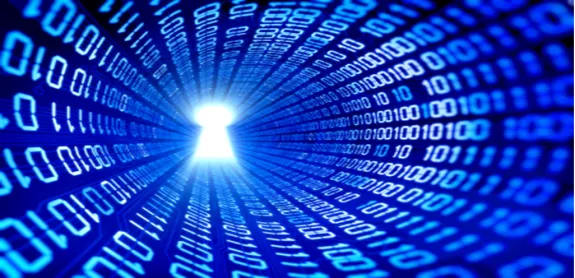
Lock Up Your Data: Use Secure Wifi
Tips for Securing Your Home Wireless Network
When setting up your home network, check your internet service provider's (ISP) website for tips on using their networking equipment. Regardless of the hardware you are using, implement the following practices to help secure your information.
- Encrypt your WiFi network. Ensure that your WiFi is set to a strong encryption algorithm, such as WPA2 (Wi-Fi Protected Access version 2) or WPA3 (Wi-Fi Protected Access version 3).
- Name your router and set up a strong password. Change the manufacturer’s router name. Do not name it something containing information, such as your home address or names. Rather, make it unique, and then select a unique and strong password for the router.
- Set up a guest network. The guest account can not only be used for visitors to your home, but also for your smart devices so that they can access the Internet, but not your laptops and computers. Check with your ISP on setting up a guest network.
- Enable automatic updates to all hardware and software if the option exists. As a reminder, outdated devices pose security risks. Wherever possible, ensure your internet-connected things are always on the latest updates.
- Disable unnecessary features. Take a “less is more” approach to security and disable any features you don’t need or won’t use. This can help reduce personal data collection.
- Do some research. The best way to combat security concerns is by researching products and only purchasing the ones that offer robust security controls or privacy settings.
- Unplug it. Similar to disabling unnecessary features, it’s also best to disconnect devices that aren’t routinely used and limit their access to your network.
Best Practices for Secure Wireless Away from Home
- Configure your devices for UAWiFi.
- Avoid UA Public and other open wireless connections whenever possible.
- Always assume that ANYTHING you type or any information that appears on your screen while you're using an public wireless connection can be seen by others nearby.
- Don’t access personal or financial data on public connection.
- If you are accessing a page that requires a login and password or if you are entering ANY personal data make sure that you are on a secure site.
Resources
- How to Secure Your Home WiFi Network (FTC.gov)
Five Reasons to Set Up a Guest Network on Your Router (makeuseof.com)

